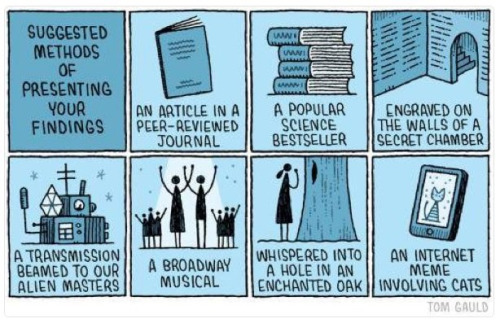I’ll use this page mostly as a link roundup that points to resources you might find helpful and to posts from this site that you might be needing to refer back to over the course of the semester, to make it easier for you to find them. I expect that I’ll be adding to this page as the semester moves forward.
Glossary/Key Terms
I’ll be writing posts periodically providing some key terms that should be useful to you as you move through this course, which are collected under the category of media literacies. That link will take you to the category page, which is also included as a sub-menu item underneath this page.
Domain Help
Here’s the page in the Domain documentation that covers getting help with your website issues. In much condensed form: start by trying to solve the problem yourself, in consultation with the Domain docs and/or the WordPress codex. If you need more help, then make an appointment at the Writing Center. If the tutor you meet with can’t help with your issue, then the Emory Center for Digital Scholarship is your next stop. If they can’t help you either, they’ll direct you to me. (Since you’re in my class, you will have more opportunities than many to come directly to me, and that’s great. But I really do want you to make a good-faith effort to figure out answers to your own questions before you come to me with them. You’ll learn more by solving your own questions.)
Two-Factor Authentication (or, What’s that fancy password thing on your phone?)
It’s called Clef. You can install the plugin on your site and then use your phone to login without having to remember passwords.
Links vs. URLs
It’s important to know the difference! Links are for humans; URLs are for computers.
Pages vs. Posts
It’s important that you know the difference between pages and posts.
Uploading your files to the server
WordPress
Podcasts
(image credit: “Suggested Methods of Presenting Your Findings” by Tom Gauld.)

